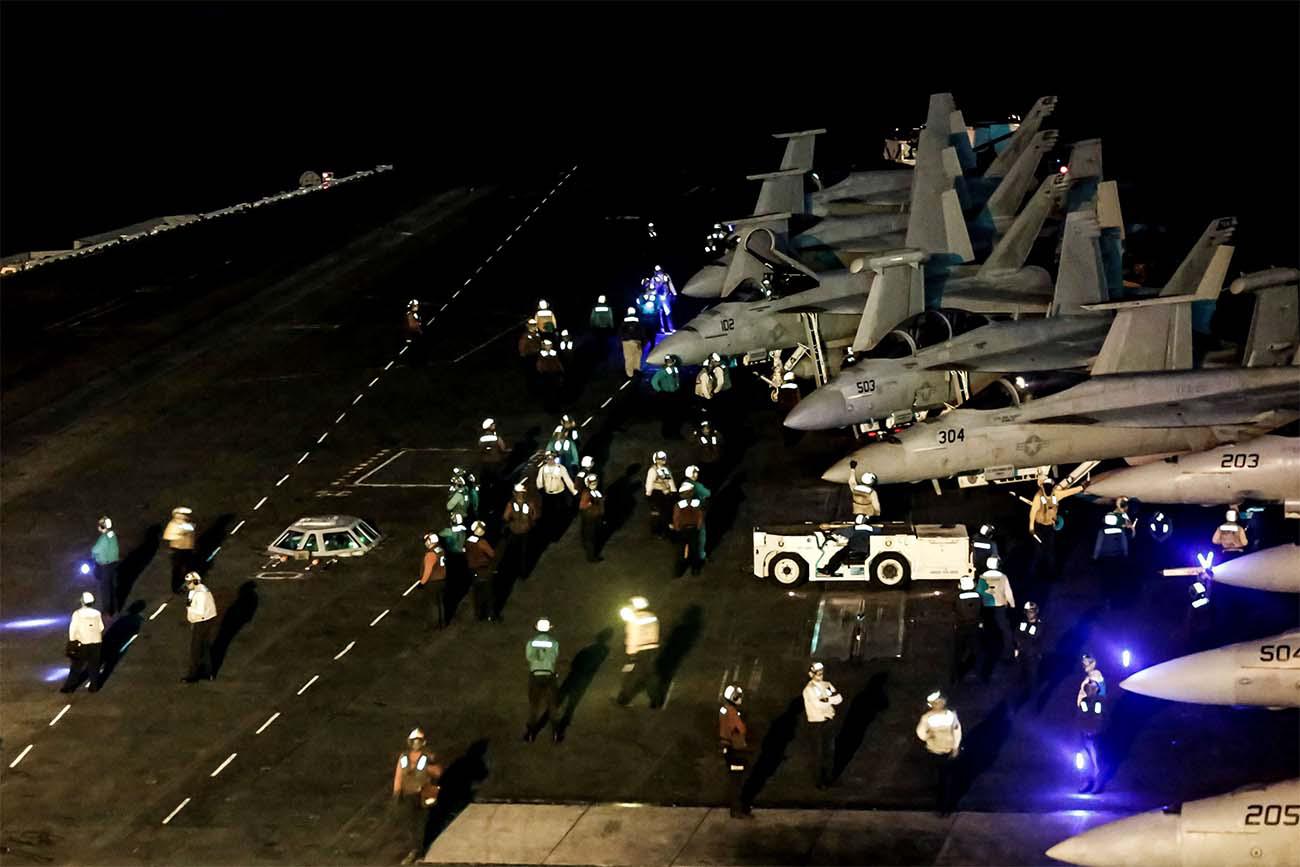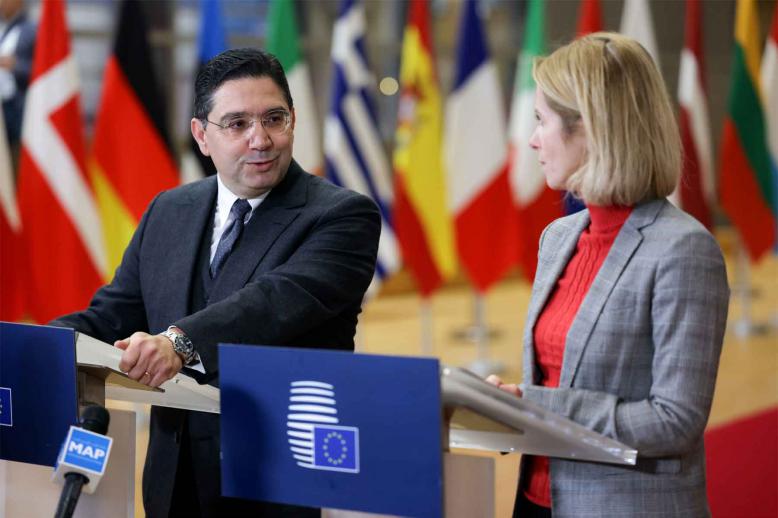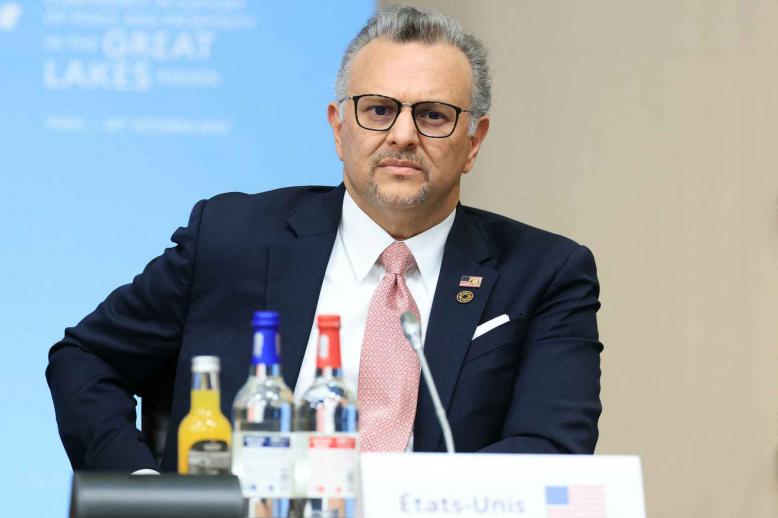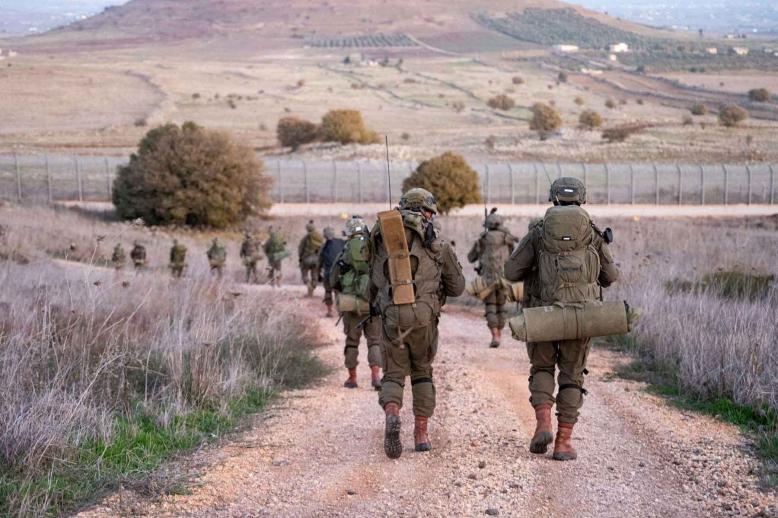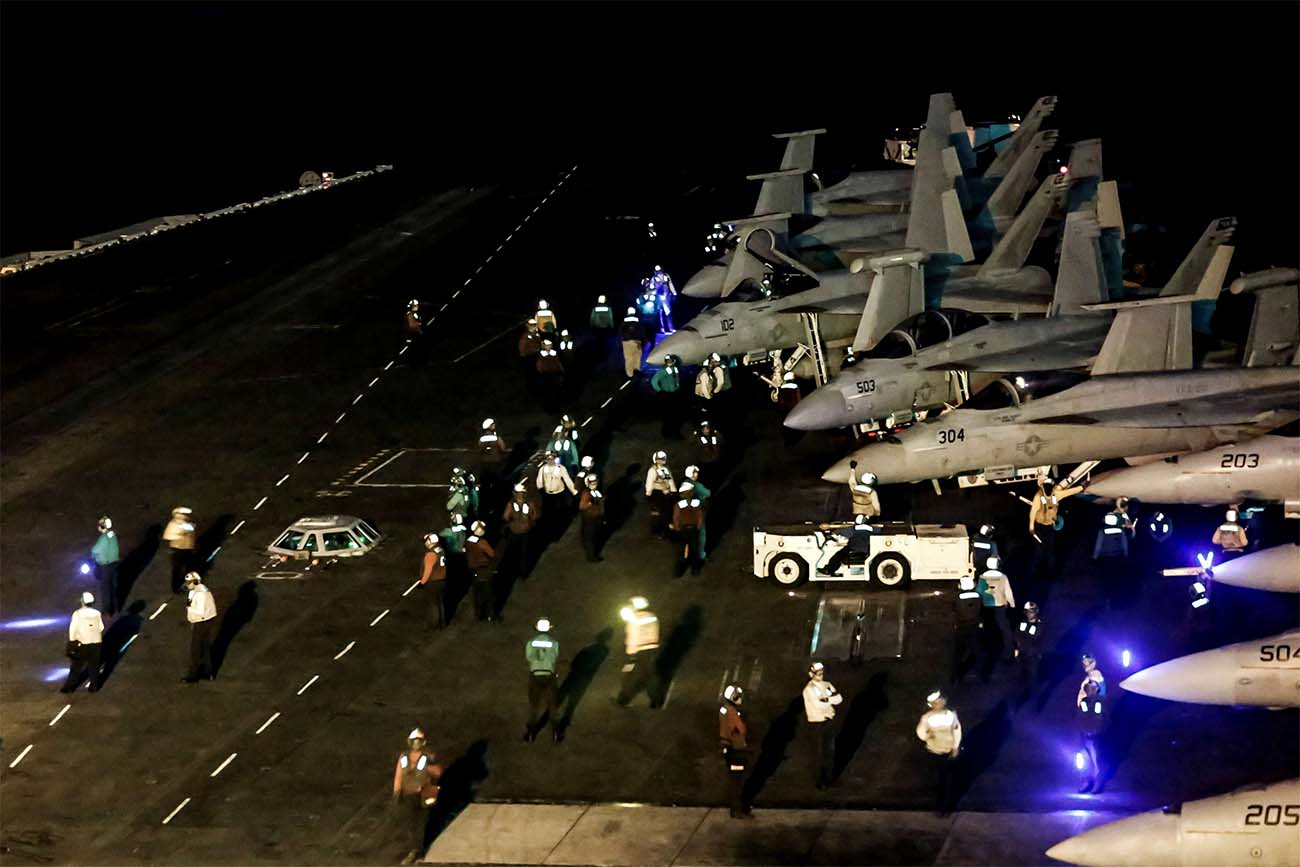Trump says called off Iran strikes at last minute
WASHINGTON - US President Donald Trump said Friday the US was "cocked & loaded" to strike Iran but pulled back at the last minute because it would not have been a "proportionate" response to Tehran shooting down an American drone.
The downing of the drone - which Iran insists violated its airspace, a claim Washington denies - has seen tensions between the countries spike after a series of attacks on tankers the US has blamed on Tehran.
Under pressure to respond to the high-stakes incident near the strategic Strait of Hormuz, Trump said the US was "cocked & loaded to retaliate" on Thursday night by hitting "3 different sites," but scrapped the strikes just 10 minutes before they were carried out."I asked, how many will die. 150 people, sir, was the answer from a General," the president tweeted, saying he concluded it would not have been "proportionate to shooting down an unmanned drone."
"I am in no hurry, our Military is rebuilt, new, and ready to go," he wrote.
The US president had struck a combative tone in his initial public comments Thursday about Iran shooting down the Global Hawk surveillance aircraft, but as the pre-dawn incident whipped up fears of open conflict, Trump moved to dial back tensions.
Iran vowed Friday to defend its borders after downing the drone, with the commander of the aerospace arm of its elite Revolutionary Guards saying the aircraft was warned twice before it was engaged over the Gulf of Oman.
And it denied a report that Trump had warned it via Oman of an impending attack unless it was willing to negotiate.
The US special representative on Iran, Brian Hook, said Tehran was "responsible for escalating tensions in the region" and accused it of rejecting diplomatic overtures to deescalate the situation.
"Iran needs to meet diplomacy with diplomacy, not military force," Hook told reporters in Saudi Arabia.
Oil prices edged down slightly Friday following the previous day's surge of more than six percent, while the price of gold - seen as a safe haven asset - struck near six-year highs.
Flights rerouted
Iran said it had called in the Swiss ambassador, whose country has represented US interests since the severance of diplomatic relations in the aftermath of the Islamic revolution of 1979, to issue a formal protest.
Iran's deputy foreign minister Abbas Araghchi provided the ambassador with "indisputable" evidence the drone had violated Iranian airspace, the foreign ministry said.
Araghchi "reiterated that Iran does not seek a war and conflict in the Persian Gulf," but warned: "The Islamic Republic of Iran would not hesitate for a moment to decisively defend its territory against any aggression."
Iranian television later broadcast images of what it said was "debris" of the downed drone recovered from Iran's territorial waters.
The US Federal Aviation Administration warned that the shootdown demonstrated the potential danger to flights and barred American civilian aircraft from the area "until further notice."
Major non-US airlines including British Airways, KLM, Lufthansa, Qantas, Emirates and Etihad said they too were altering flight paths to avoid the sensitive Strait of Hormuz.
The Pentagon says the Global Hawk drone - one of the most expensive pieces of equipment in the US arsenal, costing over $120 million apiece - was 34 kilometers (21 miles) from Iran when destroyed by a surface-to-air missile in an "unprovoked attack."
It published a map of its flight path which indicated it had avoided Iranian waters and included a photograph showing its coordinates when it was hit.
Iranian Foreign Minister Mohammad Javad Zarif provided different coordinates for the downing of the drone by a domestically-manufactured Khordad 3 air defense battery.
The shootdown came with Iran already accused by Washington of carrying out attacks on tankers in the congested shipping lanes heading out of the Gulf through the Strait of Hormuz.
Tehran denies any involvement.
Trump has repeatedly said he does not favor war with Iran unless it is to stop the country getting a nuclear weapon - something Iranian leaders insist they are not pursuing.
But critics say his policy of "maximum pressure" - including abandonment of an international deal to regulate Iran's nuclear activities, crippling economic sanctions and deployment of extra troops to the region - make war ever more likely.
The sanctions have caused economic hardships for Iranians, and the fear of war has now been added to the mix.
"For me, the situation is already worrying because the economic state of the country is bad, and the possibility of war frightens me," said Amir, a shopkeeper in Tehran.


